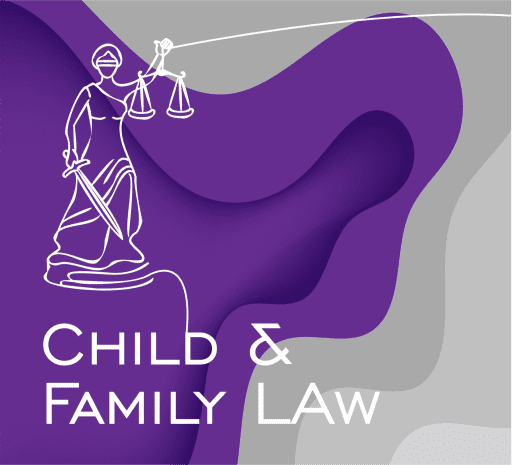In a divorce, separation of assets can become the most complicated issue. If both parties make a mutually acceptable financial agreement either on their own or by using a mediator, it becomes easy to obtain a legally binding agreement from the court known as a financial consent order.
In a case where this is not possible, the parties need to apply to the court for a financial remedy order. When you apply for a financial order, the court aims to settle the case in three hearings.
Since every marriage is different, the settlement of assets at divorce is also different. There are no rigid rules that apply. The court follows the basic guidelines mentioned in Section 25 of the Matrimonial Causes Act 1973 and uses discretion while making a decision about the separation of assets.
Assets may include savings, investments, pension, family home, and other properties. A 50/50 division may be appropriate in some cases but not in others. The court deals with each case flexibly after looking at the whole picture.
Before arriving at a decision on how the assets must be separated, the court will consider
- The financial needs of dependent children (if any) who are under the age of 18
- The financial situation of both parties – their property, savings, current income and future earning capacities
- The present and future financial needs and responsibilities of both parties like housing, clothing, food, and child care
- The living standards of the couple prior to separation
- The age of both parties and the duration of the marriage
- Whether either party has any physical or mental disability
- Whether there is a particular financial benefit (e.g. pension) that will not be available to the other party after divorce
- The contribution made by both parties toward the marriage and child-rearing
- Whether one of the two parties has been involved in serious misconduct (only considered in exceptional cases)
All the above factors are based on the guidelines of the Matrimonial Causes Act 1973. Note, however, that the strongest influential factor that affects the separation of assets is the welfare of the dependent children if there are any.
After considering the case, the court may make one of the following decisions
- Clean break – A lump sum of money is to be paid once for all time by one party to the other. Most prefer a clean break since it leaves them with no future obligations. When it is a short marriage and there are no children, the court generally orders for a clean break.
- Property sale or transfer – The court can order for the property, likely the family home, to be sold and the net proceedings to be distributed according to the court’s guidelines. It could also order for the property to be transferred from one party to the other.
- Child Maintenance – If there are dependent children, child maintenance can become necessary. The party caring for the child needs to apply to the Child Maintenance Service. Alternatively, the parties may agree to a figure and this can be incorporated into the financial order.
- Pension Sharing Order – The party who has pension can be asked to share half of the pension or a portion of it with the other party.
- Spousal Maintenance – Under the spousal maintenance arrangement, one party has to make a monthly payment to the other for a specified period of time or until the other party remarries.
If you need guidance with arranging a Financial order or any other legalities involved in this process, please do not hesitate to contact our experts in this field at Aristone Solicitors.



